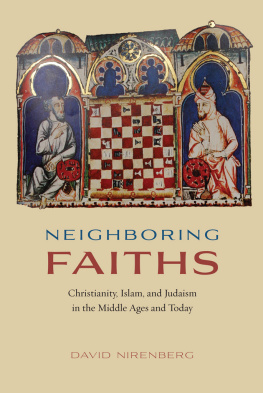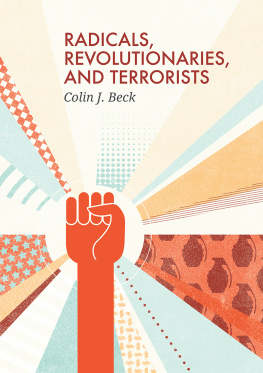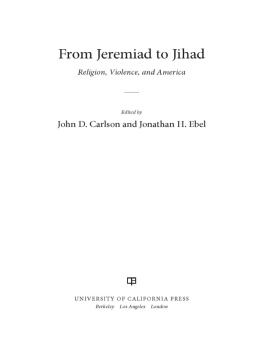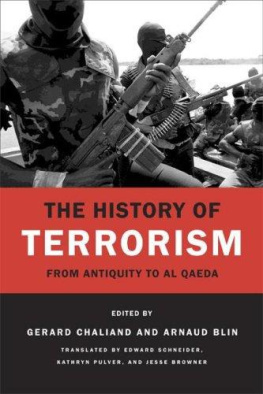Apocalypse, Revolution and Terrorism
This book focuses on religiously driven oppositional violence through the ages. Beginning with the 1st-century Sicari, it examines the commonalities that link apocalypticism, revolution, and terrorism occurring in Judaism, Christianity, and Islam past and present.
It is divided into two parts, This Was Then and This Is Now, which together examine the cultural and religious history of oppositional violence from the time of Jesus to the aftermath of the 2016 American election. The historical focus centers on how the movements, leaders and revolutionaries from earlier times are interpreted today through the lenses of historical memory and popular culture. The radical right is the primary but not exclusive focus of the second part of the book. At the same time, the work is intensely personal, in that it incorporates the authors experiences in the worlds of communist Eastern Europe, in the Iranian Revolution, and in the uprisings and wars in the Middle East and East Africa.
This book will be of much interest to students of religious and political violence, religious studies, history, and security studies.
Jeffrey Kaplan is Professor of Security Studies at the King Fahd Security College, Saudi Arabia. He is author or editor of many books on terrorism and religious violence, including Radical Religion and Violence: Theory and Case Studies (Routledge 2015).
Political Violence
Series Editor: John G. Horgan, Georgia State University, USA
Founding Editor: David Rapoport
This book series contains sober, thoughtful and authoritative academic accounts of terrorism and political violence. Its aim is to produce a useful taxonomy of terror and violence through comparative and historical analysis in both national and international spheres. Each book discusses origins, organisational dynamics and outcomes of particular forms and expressions of political violence.
Understanding Apocalyptic Terrorism
Countering the radical mindset
Frances L. Flannery
Understanding Terrorism Innovation and Learning
Al-Qaeda and beyond
Edited by Magnus Ranstorp and Magnus Normark
Terrorist Histories
Individuals and political violence since the 19th Century
Caoimhe Nic Dhibhid
Secessionism and Terrorism
Bombs, Blood and Independence in Europe and Eurasia
Glen Duerr
Apocalypse, Revolution and Terrorism
From the Sicari to the American Revolt against the Modern World
Jeffrey Kaplan
For more information about this series, please visit: www.routledge.com/Political-Violence/book-series/SE0196
Apocalypse, Revolution and Terrorism
From the Sicari to the American Revolt against the Modern World
Jeffrey Kaplan

First published 2019
by Routledge
2 Park Square, Milton Park, Abingdon, Oxon OX14 4RN
and by Routledge
711 Third Avenue, New York, NY 10017
Routledge is an imprint of the Taylor & Francis Group, an informa business
2019 Jeffrey Kaplan
The right of Jeffrey Kaplan to be identified as author of this work has been asserted by him in accordance with sections 77 and 78 of the Copyright, Designs and Patents Act 1988.
All rights reserved. No part of this book may be reprinted or reproduced or utilised in any form or by any electronic, mechanical, or other means, now known or hereafter invented, including photocopying and recording, or in any information storage or retrieval system, without permission in writing from the publishers.
Trademark notice: Product or corporate names may be trademarks or registered trademarks, and are used only for identification and explanation without intent to infringe.
British Library Cataloguing-in-Publication Data
A catalogue record for this book is available from the British Library
Library of Congress Cataloging-in-Publication Data
A catalog record for this book has been requested
ISBN: 978-1-138-48363-7 (hbk)
ISBN: 978-1-138-48365-1 (pbk)
ISBN: 978-1-351-05438-6 (ebk)
Typeset in Bembo
by Apex CoVantage, LLC
Jeffrey Kaplans discussion of how ancient groups in the Jewish, Islamic and Christian religions have utilized the apocalyptic vision and how apocalyptic thought has affected contemporary American politics including the election of Donald Trump is fascinating and provocative.
David C. Rapoport, Professor Emeritus of Political Science atUniversity of California, Los Angeles (UCLA), USA
If you are a true believer in conspiracy theories, you should not read this book your favourite theory why the world is in such a mess and who is to blame for it might be undermined by Jeff Kaplans detached dissection, separating facts from fantasies. His analysis of human folly and fanaticism, past and present, should be an eye opener for those who feel too much and understand too little, to cite a line from the authors previous book.
Alex P. Schmid, Editor-in-Chief, Perspectives on Terrorism
Jeffrey Kaplans Apocalypse, Revolution and Terrorism is the culmination of a lifetimes worth of extraordinary scholarly achievements. At once deeply personal and meticulously annotated, this work ranges across continents and centuries to make sense of the nexus of terrorism, apocalypticism, and the revolutionary mindset. It is equally as relevant and useful for historians of the ancient and medieval world and for the contemporary policymaker.
Randall D. Law, Birmingham-Southern College in Birmingham, Alabama, USA
Contents
As with every academic monograph, there are more people to thank for seeing so extended a project through to fruition than could possibly be listed in a single page. Given how severely I have abused the contractual word limit with this book, it would be politic to begin with my editor at Routledge, Andrew Humphrys. In my previous outing with the press, Radical Religion and Violence: Theory and Case Studies, the text was, for reasons too numerous and mundane to recount here, very, very late. I did not want to try Andrews patience and perseverance in the same way. His trust on this book a two-millennia epic journey through history was itself epic. Sample chapters were disjointed and skeletal, sent while on the move from the mountains of North Carolina to Changchun, China, near the North Korean border to Riyadh, Saudi Arabia. I hope the book, only a week late, does not disappoint.
The book would not have been completed in so timely a fashion, and certainly not so well, without the help and advice of Prof. Randall Law of Birmingham-Southern College. His expertise on the history of terrorism and his careful and very timely reading of various drafts of the work were of invaluable assistance, although the errors that remain are, sadly, my own.
There are many academics who inspired this work: Martin E. Marty, Jonathan Z. Smith, Karl Weintraub, David C. Rapoport, Michael Barkun, and Alex Schmid to name a few whose friendship and guidance have had a decisive impact on my career. Others whom I know only through their writings and visions, men like Eric Hoffer, Howard Kaminsky, Norman Cohn, Richard Hofstadter, and especially Johan Huizinga, have shaped the ideas and approaches of this work and I am grateful to each.
Inspiration for this work came not only from academic colleagues. Perhaps the greatest of all, though he has read not a word of this book, is Colonel (Retired) Christopher P. Costa, a career US Army military intelligence officer who went on to become the Special Assistant to the President & Senior Director for counter-terrorism at the National Security Council (NSC) in the Trump White House. His experiences include stints as chief of human and counterintelligence for US Central Command and deputy director at the Naval Special Warfare Development Group. He received two Bronze Stars for intelligence work in Afghanistan, and is enshrined in the Commando Hall of Honor of the US Special Operations Command. Who even knew that there was a US Commando Hall of Fame? For his friendship and inspiration, I am most grateful.

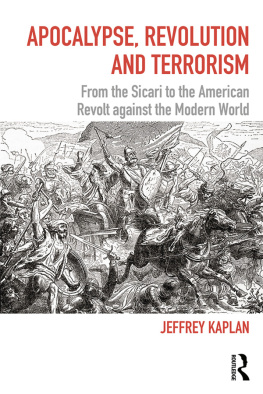
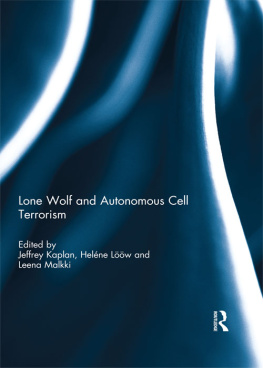
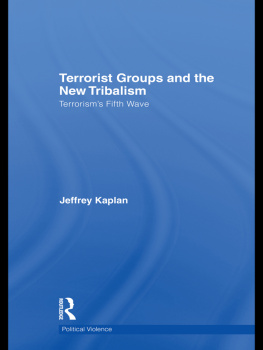
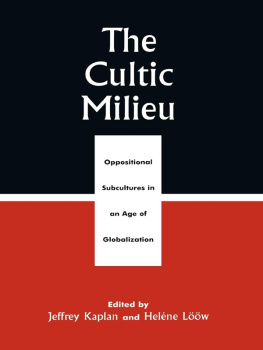
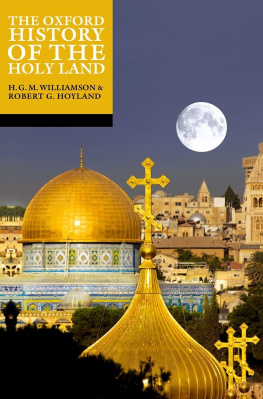

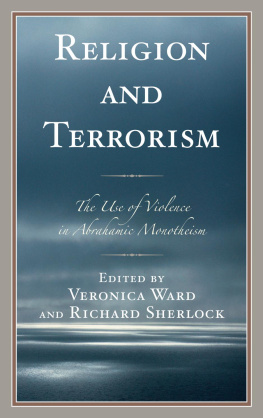
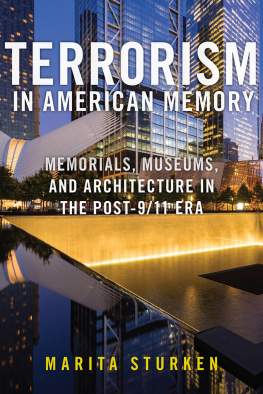
![David Schmid (editor) - Violence in American Popular Culture [2 volumes]](/uploads/posts/book/262757/thumbs/david-schmid-editor-violence-in-american.jpg)
